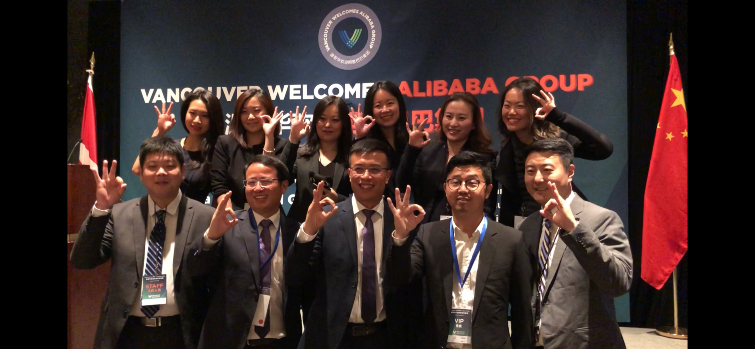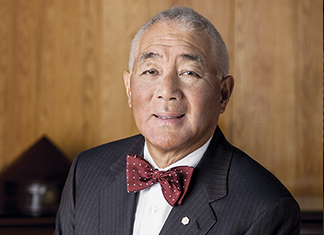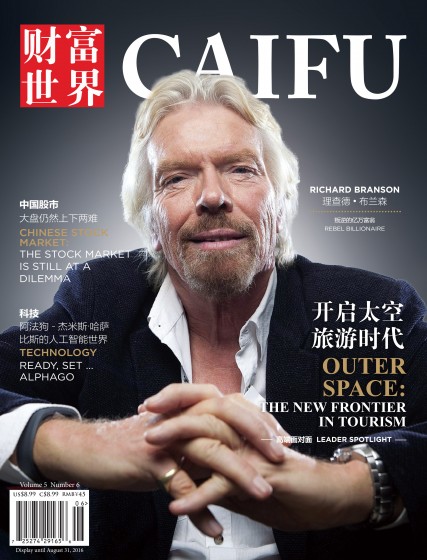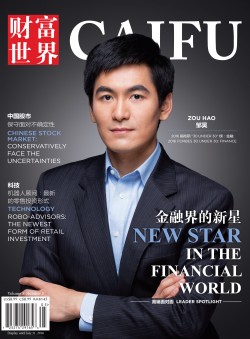Alibaba Becomes the Biggest Player in Small Business
- Caifu Magazine | by Star
- EN
Alibaba Group, the Chinese answer to Amazon, except with arguably a larger international market share, is now reaching across the Pacific to create new partnerships and perhaps expand into the North American market.
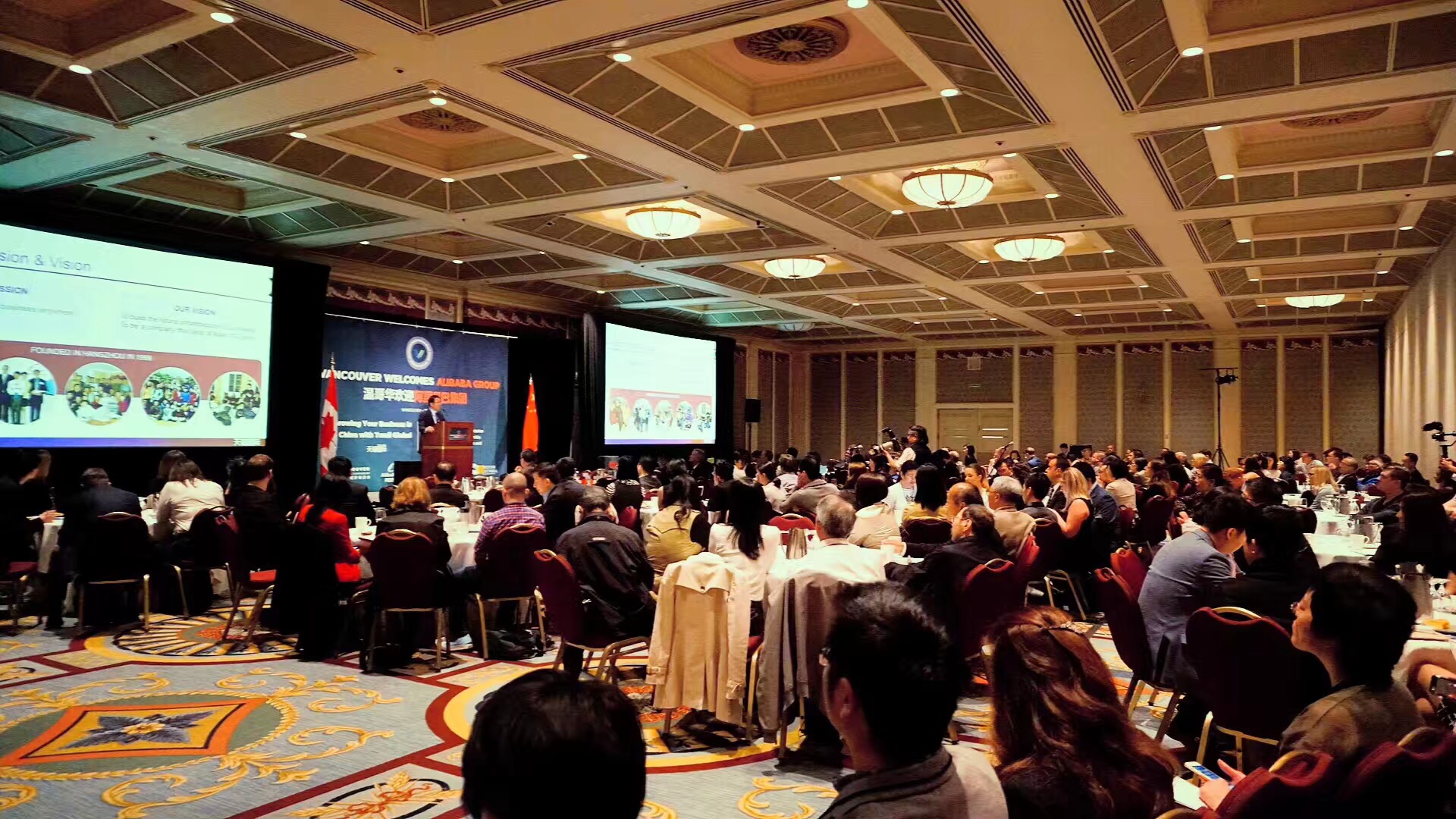
Although American e-commerce company Amazon announced its decision in April 2018 to expand their Vancouver operations, doubling its workforce there to 5,000 by 2020, Alibaba will open its first Canadian office possibly ahead of that date, expanding their North American presence to seven offices. Vancouver is in the running, adding to its already existing operations in Seattle, San Francisco, San Mateo, California, Los Angeles, New York and Washington D.C.
Ian McKay, CEO of Invest in Canada called Alibabaan amazing platform that has huge potential for both courting tourism to Vancouver and providing small- to medium-sized businesses in Canada access to Far East markets. The tourism side of that statement was in reference to Canadian tour providers and airlines now available on Alibaba’s online travel platform, Fliggy.
Why are tech giants like Alibaba and Amazon choosing Vancouver in the first place? According to McKay, “They come here because it’s a good place to do business; we’re close to Silicon Valley, on the Pacific Rim, in a time zone inbetween Asia and Europe. Geographically we’re very well located.”
“Companies like Alibaba and Amazon, know they can bring talent to Vancouver or find it here,” McKay added. “Education is key to landing a global enterprise in any city, and they know they can access talent here, and they love the quality of our universities. Or, alternatively, the proximity to the larger Asia-Pacific market makes it a desirable location for international talent.”
Another benefit, and one that gives Vancouver an edge over American cities, McKay continued, is a much simpler visa process for foreign workers coming to Canada over new, more stringent American policies.
David Dunkerley, trade commissioner in China for the government of Canada, echoed McKay’s sentiments on Chinese/Canadian tech partnerships, but he noted trade between the two countries has been inconsistent.
“Overall it’s increased, but mainly in consumer products and finished food products,” Dunkerley added. “Canada does have a lot of trade with China in finished food products, which is a great benefit for us, as it allows small business to find tremendous access to Asian markets.”
The Canadian brand identity of wholesome, natural foods, said Dunkerley, is for example, one niche market small Canadian businesses have carved out for themselves with Chinese consumers.
“Students and tourists from China come here and discover Canadian brands that strongly appeal to them, like Arc’teryx (outdoor clothing) or Sun-Rype (fruit juices) and look for them when they go home,” said Dunkerley.
“Canadian brand ties with China are growing all the time. This is what’s exciting about the Alibaba story for Canadian producers,” Dunkerley added. “Brand awareness, especially to Chinese consumers who have visited, or lived in Vancouver, is one of healthy, organic products.”
Conversely he noted Amazon does not have nearly the Asia-Pacific market share Alibaba has. “Coming the other way, in the near future I’ll be very interested to see what happens to the North American online market, now that Alibaba has established a foothold here. The competition could be complimentary, but we’ll have to see.”
McKay, however, noted that a relatively small city like Vancouver will face some disruption as it grows to accommodate the rapidly expanding tech industry.
“Amazon took three years to build up to 1,500 people. “The reality is these expansions don’t happen overnight,” McKay added. “There will be some growing pains, but nothing our industries can’t handle.”
“[Invest in Canada] is talking to other companies,” McKay continued. “The word is out. Canada is an extraordinary place to do business.”
He hinted that the federal government of Canada may in the near future have an announcement of further developments in the tech industry, vis a vis direct foreign investment.

Steven Wang, North American General Manager for the Alibaba Group, says he could live anywhere, but chooses to live in Vancouver. He added that companies in that city, and others across Canada and North America, have access to potentially 500 million customers through Alibaba.
“Now and into the future, small companies can stay local, but sell products all over the world,” he said.
The increase in Canadian marketing on the Alibaba platform follows from current Canadian Prime Minister Justin Trudeau’s meeting with Alibaba founder Jack Ma in 2016 while on a state visit to China. And Canada, especially following the collapse of the Trans-Pacific Partnership, or TPP, has made it clear they are pursuing a free trade deal with China, although the scope of such an agreement is still far from being defined.
A Member of Parliament in West Vancouver, and parliamentary secretary for International Trade, Pamela-Goldsmith Jones has stated: “Expanding trade with large, fast-growing markets is a priority for Canada,” she said in a statement. “China [is] the world’s second-largest economy, and presents many new opportunities for increased trade in goods and services. To this end, we have started exploratory discussions on the potential of launching negotiations toward a free trade agreement.”
McKay said that despite the collapse of the TPP, a growing number of global enterprises are looking for ways to do business with Canada.
